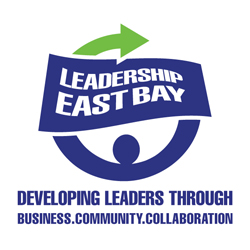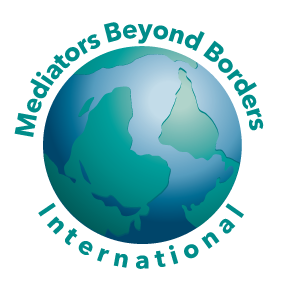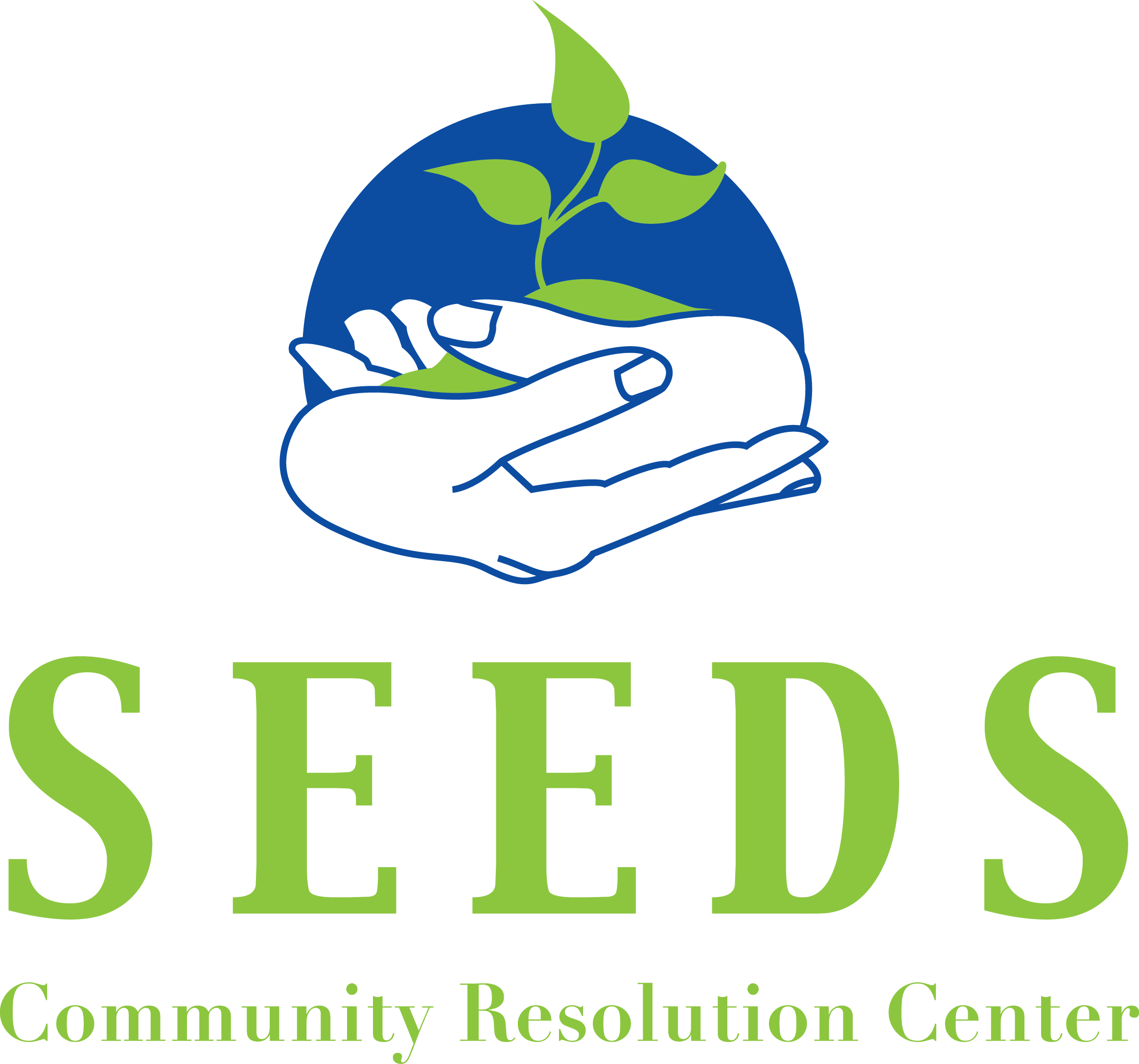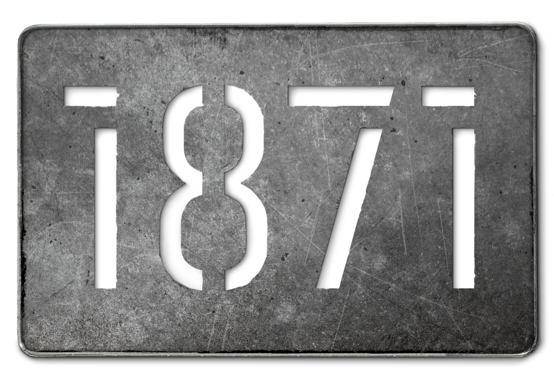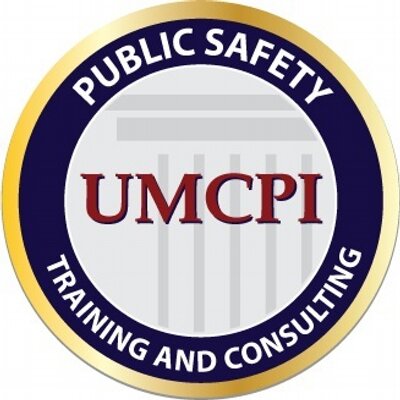Training / Workshops / Exercises
Awareness building around conflict and disputes is absolutely necessary to enhance innovation and avoid destructive patterns. RESOLOGICS provides short, fun, informative, fast- paced, interactive, multi-platform workshops designed to produce useful takeaways. They center on self-awareness, team awareness, identifying underlying systemic conflict issues, and developing strategies for leaning into conflict to halt its escalation and enhance your team's creativity.
Most workshops are custom designed to meet your needs.
All Training Is Built On Four Core Principles:
Conflict within teams is normal, and working through it as early as possible is one key to success.
Being aware in real time of how we and others react in conflict situations is critically important.
Everyone must learn at least the basic tools to deal with conflict in the workplace.
Asking for outside help to resolve conflict is sometimes necessary. Knowing when to do so is critical.
Techniques Used to Teach:
Adult learning principles include; visual, verbal, lecture, interactive, take-away driven sessions.
Timing:
1-8 hour workshops depending on group size and time allowed. Typically we do not go over one day trainings.
Agendas:
Contact us and give us some details. We'd be happy to share some á la carte ideas for your own custom training.
SAMPLE TOPICS INCLUDE:
Team Agreement Building: Hands-On Facilitated Exercise(s)
Rules of engagement are strongest when they are clear, explicit and dynamic. Resologics leads team meetings that elicit spoken rules about how it will interact. The team explores. The team decides. The team comes away with new norms about working together. These team events take 1-4 hours to deliver to the team and typically include some lead-up preparation and post meeting debriefing with the team leader.
Tight Rope Walking 101: Balancing Between Creative Tension & Negative Conflict Outcomes in Teams
Knowing when a conflict is present and that outcomes can be positive and negative is critical to running a high performing team. This workshop builds conflict awareness, normalizes conflict conversations, and encourages the use of conflict as a tool to spur innovation. The Conflict curve, conflict spirals, creative tension, and conflict normalizers are all part of this class.
Thomas Kilmann Conflict Modes for Individuals & Teams
Understanding what your go to modes are in conflict communications is critical to higher performance in teams. In this workshop participants move from understanding their own conflict modes to understanding how others are reacting. A powerful training both for groups that do not work together and for teams that do.
Difficult Conversations Theory and Practice
This training brings together a team around how to have meaningful conversations. It gives them an actionable methodology to entering into tough conversations. It also can be a booster for positive feedback and used as an bonding energizer for a team that needs to have some celebration. Using both theory and practice, this workshop is very customizable to the needs of the group.
Understanding Conflict Hooks
Conflict hooks are your personal hot buttons. They come from within you, not really from someone else pressing them, though that’s how we generally talk about them (He just presses my buttons). They’re based in your identity, or how you see yourself (and want others to see you) in the world. This powerful lesson provides a door to self awareness for both individuals and teams. (see Tammy Lenski’s book “The Conflict Pivot” for awesome information on this topic)
Other Suggested Areas of Focus Include:
Embracing Conflicting Ideas and Needs
Critiquing in Design & Engineering Teams
Agile Management Working Norms
Meeting Etiquette
Under Pressure Protocols
Giving and Getting Feedback
Basic Ground Rules for Disputes
General Team Agreement for Working together
Ill-defined Decision Making Power
Relationships and Choosing Partner Complexities
Role Definition and Lack of Clarity
Reward Definition - Equity Splits and Cash Compensation
Cultural Gaps and Mismatching
Conflict Styles Mismatch as a Natural Phenomenon
Investor Relations and Control Dynamics
Who Works Hardest Questions
Hiring Decisions
Founder Motivations - Wealth vs. Control
Capacities to Work Effectively Under Pressure





